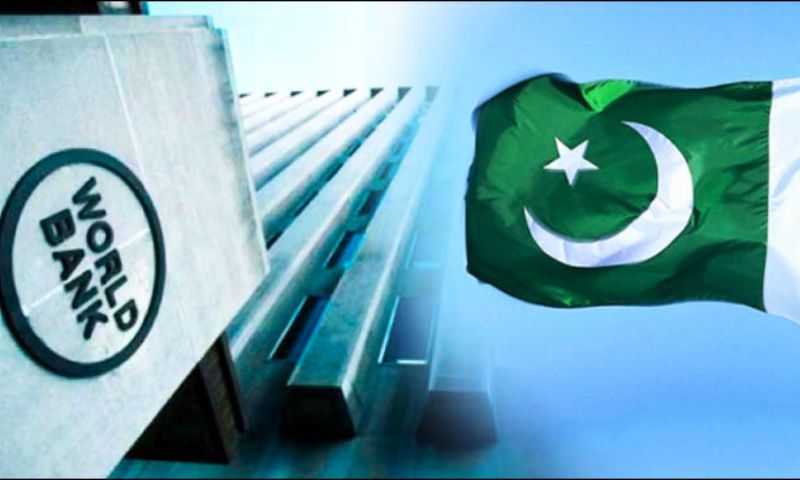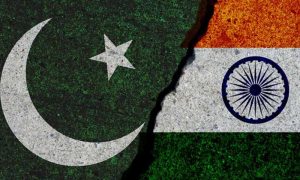ISLAMABAD: Pakistan has received a warning from the World Bank regarding the alarming food inflation in the country, as food prices continue to rise, adversely affecting the purchasing power of its people.
According to the World Bank’s Food Security update, families in Pakistan have experienced a 38 percent drop in purchasing power, leading to children being deprived of essential food items.
The report highlights that food prices in Pakistan have been consistently increasing for the past 11 months, with a staggering 47 percent hike. The devastating floods that occurred last year have significantly contributed to the soaring prices of wheat and other essential commodities.
Additionally, the floods have caused losses in livestock, depriving affected communities of basic food items such as milk and eggs, as stated in the World Bank report.
The situation in neighboring Afghanistan is also dire, with six million people facing severe drought conditions. The report reveals that nine out of ten families in Afghanistan do not have access to sufficient food.
Global Hunger Index classifies Pakistan as severely affected country
In early May, the Global Hunger Index (GHI) classified Pakistan as a severely affected country, with a score of 26.1.
The GHI measures the ability of people in different countries to access food and is updated annually to reflect the successes and failures of hunger alleviation efforts worldwide.
According to the GHI report, hunger levels in Pakistan have reached an alarming level, pushing the country into the category of severely affected nations.
The report highlights a continuous decline in purchasing power, which has resulted in increased cases of starvation. Pakistan ranked 99th out of 121 countries in the 2022 Global Hunger Index, indicating the deteriorating food security situation in the country.
The report further reveals that the average Pakistani household is forced to spend 50.8 percent of their monthly income on food, while 36.9 percent of the population faces food insecurity.
Additionally, 20.5 percent of the population in Pakistan is experiencing severe food shortages, and 18 percent of children under the age of five are malnourished.






















